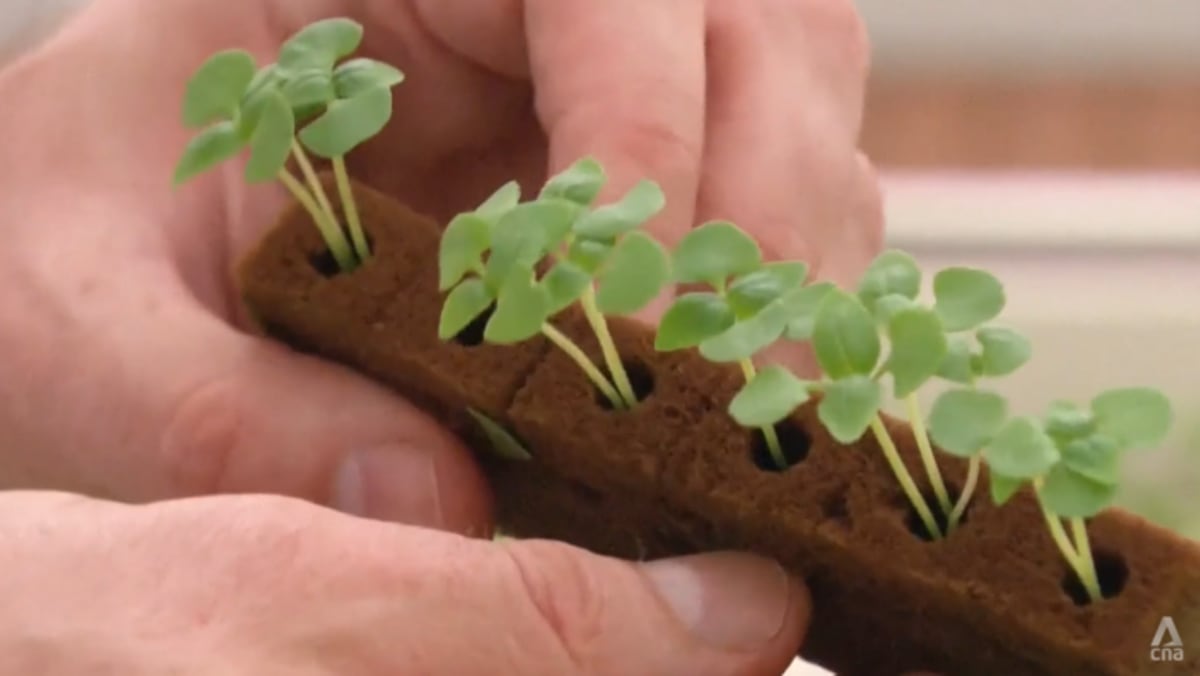Dutch agritech innovations may hold answers to Singapore’s food security future

- by maurya18@gmail.com
- April 25, 2024

SG NOT SUITABLE FOR FLOATING FARMS
Industry players in Singapore said they have considered adapting the concept but found it not feasible in a market with less demand for dairy, and where farming is not often economical.
“It never took off because the cost was too much. The capital investment is very high and there’s no economies of scale,” said Professor Veera Sekaran, head of the National University of Singapore’s Regenerative Agritech Centre.
“Singapore’s sea lanes are also very busy and congested. There are container ships queuing up to go into port, and some coastal areas are too narrow.”
He added that there are fears of biohazard waste leaking into the sea which could lead to environmental or diplomatic concerns with neighbouring countries.
VERTICAL FARMING COULD BE THE ANSWER
Food security dilemmas lead to questions on how to grow food safely and efficiently in countries like Singapore, without taking up too much space.
One solution is vertical farms, which the Dutch are well known for.
At agritech company Growy’s set-up in the capital city of Amsterdam, robots do everything from seeding to packaging.
“(Technology) manages the whole farm for us. If we need to (check up on any of the plants), we can easily log in from our phones or laptops wherever we are in the world. We can send our robots to look for or do what we need,” said Ms Laura van de Kreeke, a farmer at the firm.
She said the high-tech systems not only streamline labour, they have also saved the company 90 per cent in water usage.
Growy is among global agritech companies laying down vertical farming roots in Singapore. It said its farm in Changi Logistics Centre will produce up to 500 tonnes of leafy greens annually.
The Latest News
-
November 23, 20243×3 Basketball: Amsterdam overleeft dag 1 WT Finals – Ub wacht in kwartfinale
-
November 22, 2024Nederland voor het eerst in historie in Davis Cup-finale na zege op Duitsland
-
November 22, 2024BAM Infra en Rijkswaterstaat ronden onderhoud A10 Noord en Zeeburgerbrug af Duurzame koploper in wegverharding – Kijk op Noord-Holland
-
November 21, 2024Basketball: Tsjechië pakt eerste overwinning in tweeluik EK-kwalificatie
-
November 21, 2024ADIDAS OPENT VANDAAG NIEUWE WINKEL IN DE WESTFIELD MALL OF THE NETHERLANDS – vastgoednieuws.nl





